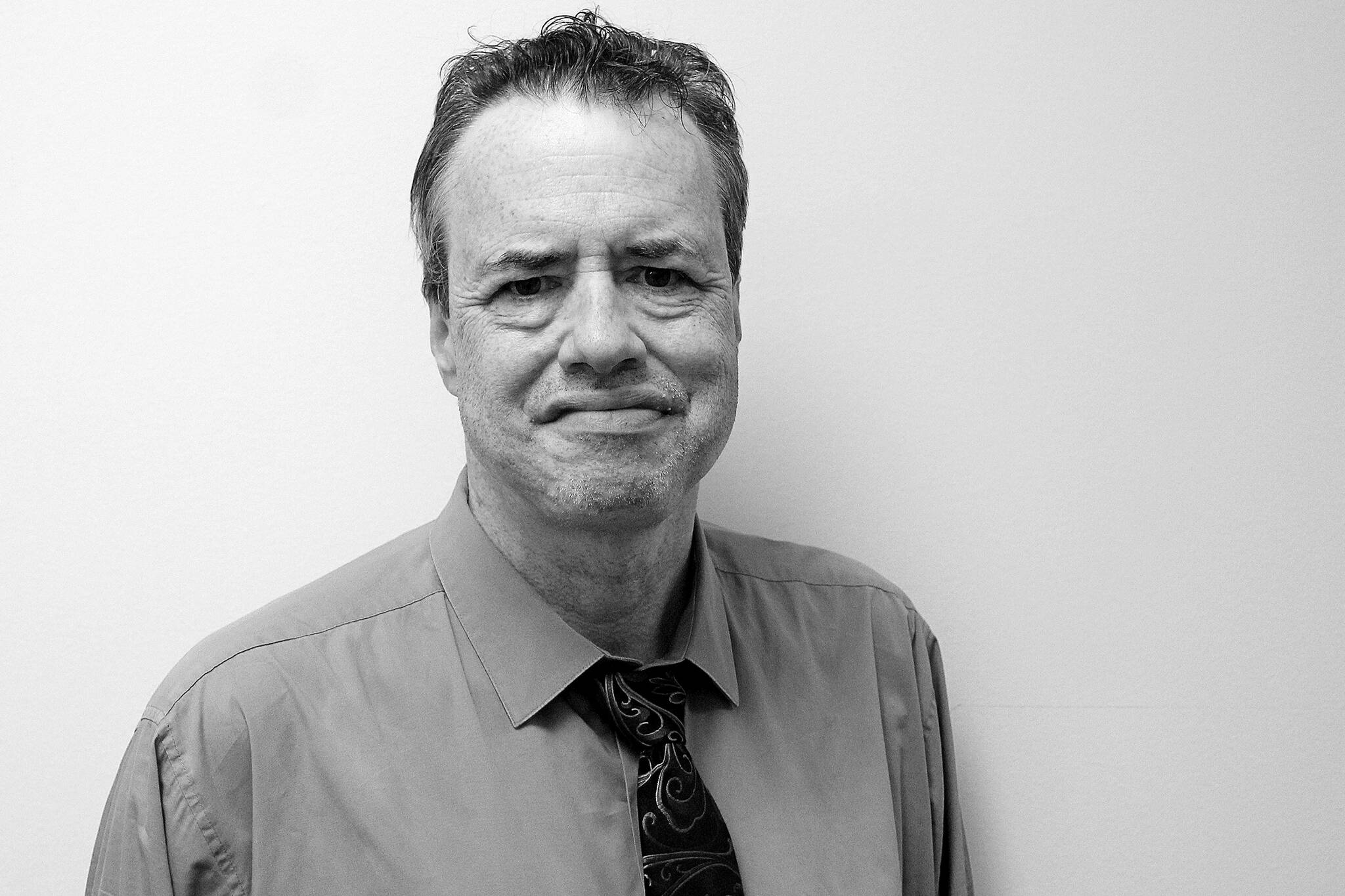Life without hope draws nectar in a sieve, hope without an object cannot live.
I read those lines somewhere years ago, penned by English Romantic poet Samuel Taylor Coleridge, and for some reason they stuck with me.
They have been on mind lately.
As readers of this column may know, I have terminal cancer. The diagnosis turned my twice-monthly chemotherapy treatments from hopes of beating the Big C to staying alive as long as it pleases God for me to be so.
Yes, the treatment is a gift unavailable to cancer sufferers for most of human history, but the problems it brings in its train don’t always seem to be a gift.
The dilemma puts me in mind of the Little Gidding section of T.S. Eliot’s “Four Quartets,” where the narrator recounts a fictional conversation with an amalgamation of his dead masters, which he calls “a familiar compound ghost.”
“Let me disclose the gifts reserved for age/To set a crown upon your lifetime’s effort,” says the compound ghost. “First, the cold friction of expiring sense/ Without enchantment, offering no promise/But bitter tastelessness of shadow fruit/as body and soul begin to fall asunder.”
Given the trials cancer has brought into my life, I have altered the lines to read “age” to “chemotherapy.” I hope Mr. Eliot can forgive me. Here are some of the troublesome aspects of chemotherapy.
There’s the chemically-induced loss of taste and appetite, which reminds me of Eliot — “bitter taste of shadow fruit.”
There’s also the chemo-induced brain fog that makes it hard to summon basic information at a moment’s notice. I have seen the looks in others’ eyes when I struggle to recall a name or fact that everyone knows.
The lines remind me of the chemo-induced numbness in my fingers and in my lips. Beyond the weirdness and discomfort, the hard realization struck me last week that I may never play guitar again. I picked up the instrument five days after my brother Jim’s death in 1975, and for that connection alone, it would be hard to give it up for keeps.
The latest problem, diagnosed only last week: a mass of unknown provenance in my lower right abdomen. It announced its presence with pressure that makes walking difficult, and at its worst, flares into an occasional spasm of intense pain that can bring me to my knees.
All of which makes me question: how does a human being with a terminal diagnosis stave off hopelessness, depression and self pity, when all hope of beating the killer is past? How does one live without hope, except for mere continuity, which in time may no longer be worth the suffering?
I have no magic words or formula. All I know is what I have learned from my own and others’ experience, as follows:
Don’t allow bitterness or self pity to consume you. If you are able, consider it as something like a refining fire.
Love to hear from you.
Robert Whale can be reached at robert.whale@auburn-reporter.com.


